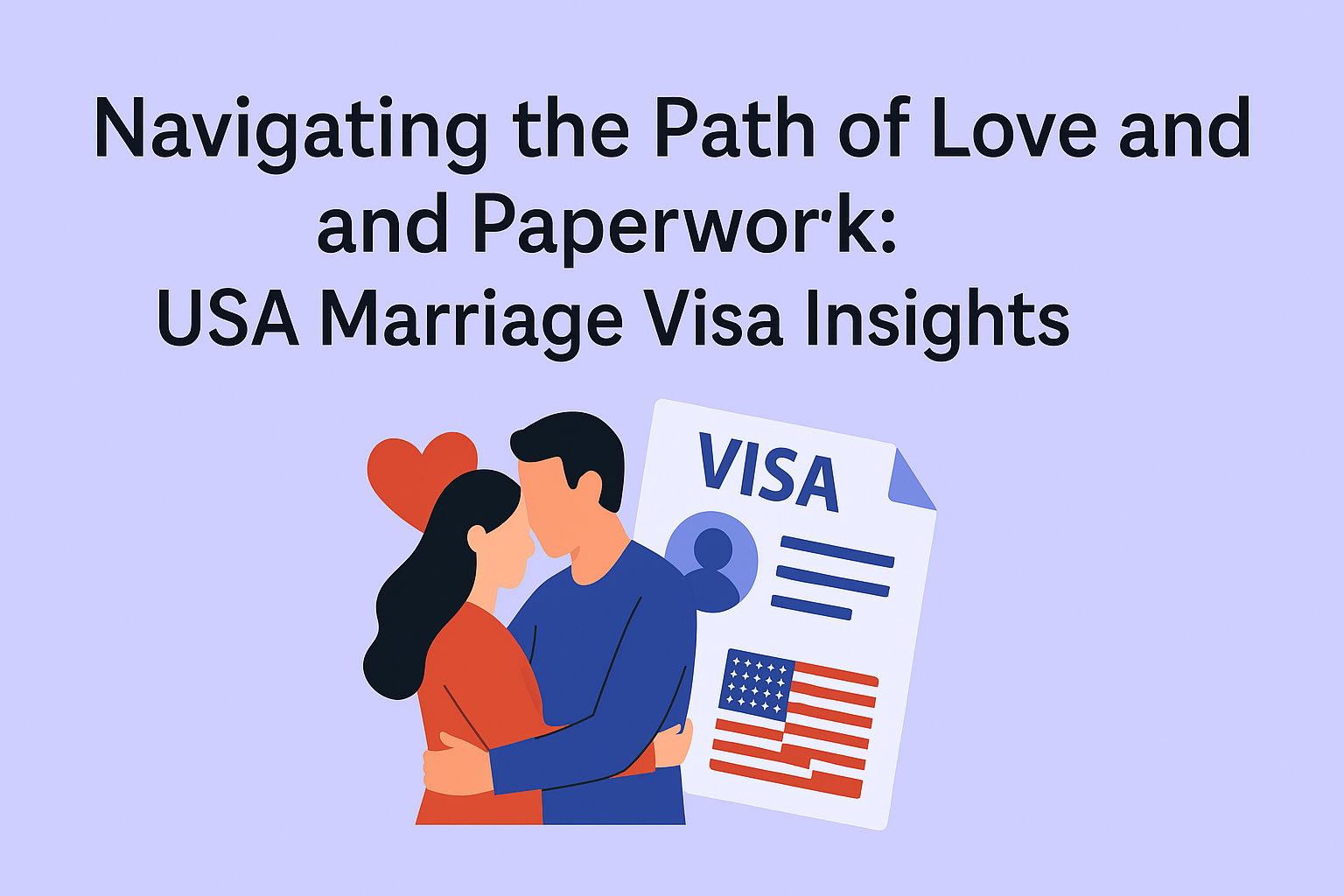Germany is one of the most attractive destinations for professionals looking to build their careers abroad. With a strong economy, high quality of life, and a rich cultural history, it’s no wonder many people seek a work visa for Germany. This article will provide an in-depth look at the different types of work visas available, the requirements for each, and the application process, all in simple language to help you understand how to make your move to Germany.
Why Germany?
Germany is known for its innovation, stability, and opportunities. The country has a diverse job market, especially in sectors like engineering, IT, healthcare, and manufacturing. With a low unemployment rate and a strong emphasis on work-life balance, many international professionals find Germany an appealing place to live and work.
Types of Work Visas
Germany offers several types of work visas, each tailored to different groups of professionals. Understanding which visa suits your situation is crucial.
- EU Blue Card
The EU Blue Card is designed for highly skilled workers from non-European Union countries. To qualify, you typically need:- A recognized university degree or a comparable qualification.
- A job offer with a salary that meets the minimum threshold, which is generally higher than the average wage in Germany.
- Proof that your employer has made efforts to hire EU candidates before offering the position to you.
The EU Blue Card allows you to live and work in Germany and eventually apply for permanent residency.
- General Work Visa
If you have a job offer but do not meet the criteria for the EU Blue Card, you can apply for a General Work Visa. The requirements include:- A valid job offer.
- Proof of qualifications relevant to the job.
- Evidence that there are no suitable candidates from Germany or the EU for the position.
- Job Seeker Visa
The Job Seeker Visa is perfect for those who want to come to Germany to find a job. This visa allows you to stay in Germany for up to six months while you search for employment. To qualify, you need:- A recognized degree from a German university or a comparable international degree.
- Sufficient funds to support yourself during your stay.
- Health insurance coverage.
- Intra-Company Transfer Visa
If you work for a multinational company and are being transferred to a branch in Germany, you may be eligible for the Intra-Company Transfer Visa. This visa allows employees to work in Germany for a specified period. - Freelance Visa
For those wishing to work as freelancers or self-employed individuals, Germany offers a Freelance Visa. Applicants must demonstrate:- A solid business plan.
- Proof of clients in Germany or significant income potential.
- Relevant qualifications or experience in their field.
Requirements for a Work Visa
Each type of work visa has its specific requirements, but there are some common documents you will generally need to prepare:
- Valid Passport: Your passport should be valid for at least six months beyond your intended stay.
- Job Offer: A formal job offer or contract from a German employer.
- Proof of Qualifications: This can include degree certificates, diplomas, and any relevant work experience letters.
- Language Proficiency: Depending on the job, you may need to demonstrate proficiency in German or English.
- Health Insurance: Proof of health insurance coverage is mandatory for all visa applications.
Application Process
The application process for a work visa in Germany is straightforward, but it requires careful attention to detail. Here’s a step-by-step guide:
- Research: Start by researching which visa type suits your needs. Each visa has different eligibility criteria, so choose wisely.
- Gather Documents: Collect all necessary documents as mentioned above. Ensure that your documents are complete and accurate, as incomplete applications may lead to delays or rejections.
- Apply at the German Embassy/Consulate: Submit your application at the nearest German embassy or consulate in your home country. Some regions may also have specific visa centers that handle applications.
- Pay the Application Fee: There is usually a fee associated with visa applications, which can vary depending on the visa type.
- Attend an Interview: You may be required to attend an interview as part of the application process. This is an opportunity for the consular officer to ask you questions about your application.
- Wait for Processing: Processing times can vary. It may take anywhere from a few weeks to a few months, so be patient and plan accordingly.
- Receive Your Visa: Once your application is approved, you will receive your work visa. Make sure to check the details on the visa to ensure everything is correct.
Conclusion
Obtaining a work visa for Germany is an important step for anyone looking to advance their career in this vibrant country. With various visa options available, it’s essential to choose the one that best fits your qualifications and career plans. By understanding the requirements and following the application process carefully, you can make your dream of working in Germany a reality. If you have any questions or need further assistance, don’t hesitate to seek help from professionals who specialize in immigration services. Good luck on your journey to Germany! You’re one step closer to a rewarding experience in one of Europe’s leading economies!



